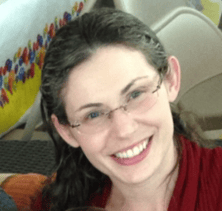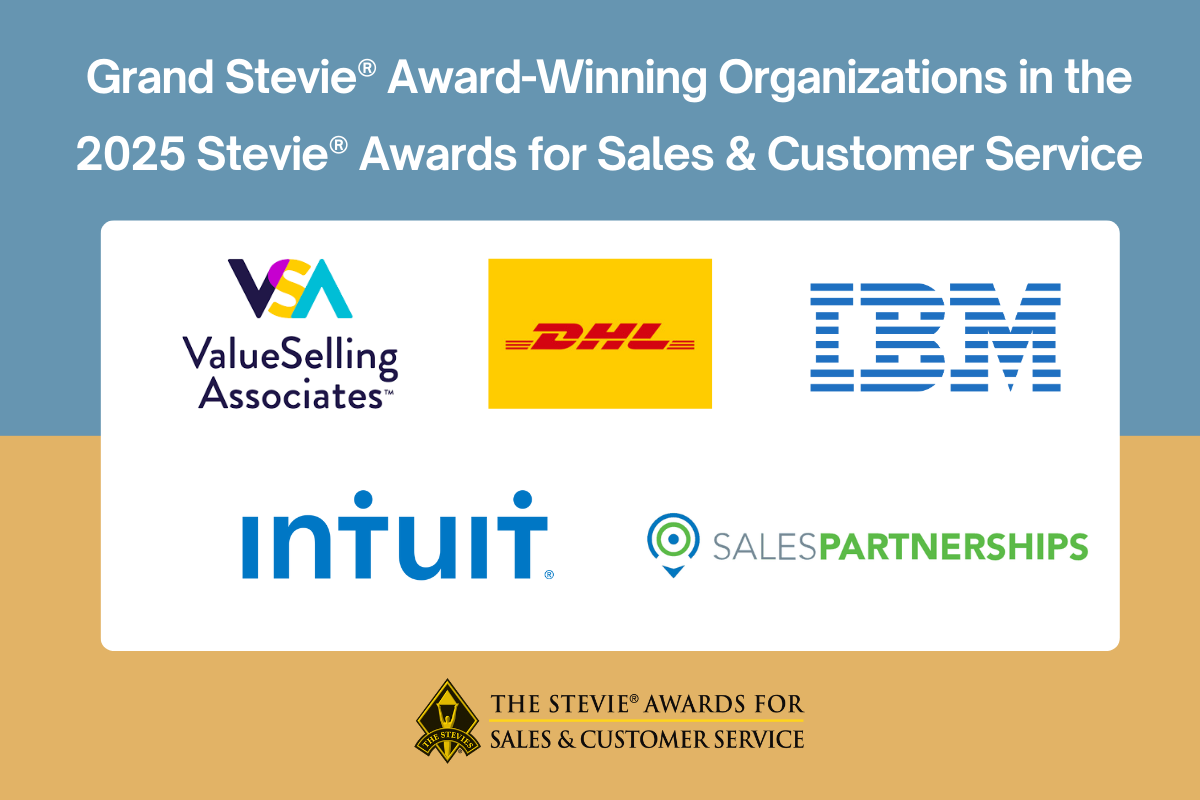After spending weeks scanning job listings and showing up as your best-dressed self to job interviews, you’ve finally come across the perfect role. You exceed the requirements, and you have a lot of relevant experience, as well as the soft skills the company is after.
All that’s left is a return phone call saying, “Come on by to discuss your employment with us!”
That call never comes though. Why is that? Could it be because your last name isn’t something like Smith?
The immigrant workforce, visible minorities, women, and historically overlooked groups have demonstrated increased success when a company hires more diverse workers.
 Attracting—and especially retaining—a diverse workforce should be an important focus for employers in all sectors.
Attracting—and especially retaining—a diverse workforce should be an important focus for employers in all sectors.
Progressive HR and recruiting companies like career.place aim to remove biases one hire at a time.
Formed in 2016, career.place has been diversifying hiring processes and compliance through a SaaS-based solution that put applicants through an anonymous, consistent, and semi-automated hiring funnel. Using the software, employers advance anonymous candidates who meet the company’s needs and remove those who simply don’t qualify. This technology helps applicants demonstrate they are qualified for positions, and the right people can move forward to the final stage in the hiring process.
Career.Place won three Bronze Stevie® Awards including Woman of the Year in Business Services Industries, Startup of the Year in Business Services Industries, and Entrepreneur of the Year in Computer Software in The American Business Awards®.
The Paradox of Hiring: Anonymity Brings Back Humanity
Melissa Dobbins, founder and CEO of career.place, built the company on the simple premise – bias has no place in hiring. Job seekers and employers are noticing her company’s unique approach; which starts by defining the needs of the job, and anonymously evaluating candidates against those needs, thereby focusing on what matters without the distractions of what is not.
Of course, diversity and compliance are in the news a lot, and this has perfectly positioned companies like career.place to solve the diversity-related problems companies are having now or will potentially have.
Career.Place has created a software solution where applicants are evaluated based on the employer’s criteria, including criteria such as requirements, soft skills (measured by integrated assessments), and responses to job-scenario and situational questions. All unrelated information about the applicants are hidden including name, education, titles, and other biasing information typically found on a resume – think “The Voice” but for applicants. The process is efficient, fair, and eliminates the need for time consuming resume and phone screens.
“Ironically by removing applicant identities, including their gender, age, ethnicity, favorite sports team, and other biasing and irrelevant information, we are giving applicants their voices back.” says Dobbins. “Imagine the great talent overlooked because of details like not knowing the right keywords to get through an automatic filter or having a gap in work history. By removing that information, and replacing it with information like qualifications, soft-skill assessments, and responses to job scenario questions, great talent will stand out because they are great.”
Change agents driving for a better tomorrow
Organizations gain valuable perspectives from diverse talent. There are many reports and studies that show diversity is good for business, but fundamentally, it just makes sense – companies will more effectively sell, support, and engage with a market if they reflect the full diversity of that market. Unfortunately, conscious and unconscious biases get in our way, constantly nudging us to hire others like us, rather than those who are best for the role, the company, and the mission. Dobbins details her experiences dealing with this before starting her company.
“When applying for jobs, I have been asked some very odd questions that I suspect my male counterparts have not had to deal with. For example, probing questions about if I would leave work to pick up my child if she were sick– indecently, that line of questioning is illegal. I have been asked if I could fire people because it is emotionally difficult, if I could handle difficult personalities, and if I would be interested in a single contributor role (i.e. a demotion) before being evaluated for the position at hand. What do you think my experiences would be like if those who interviewed me didn’t know I was a woman? What would your experiences be like if in your next job application the company doesn’t know what you are – just what value you bring?”
“These stories are universal. I have never met anyone who hasn’t experienced bias in one form or another,” continues Dobbins. “For me, I became obsessed with becoming part of the solution – a way for people to be evaluated fairly and consistently based on their skills and qualifications, and not assumptions made based on what they look like or what’s on a resume. And so career.place was born.”
A diverse workforce is good for business, good for communities, and good for the employees. There is no silver bullet for creating a diverse, engaged workforce. It is a future that will take many change agents – from entrepreneurs, like Dobbins, who are creating solutions to support unbiased hiring to those who are engaging and cultivating talent across every demographic group. Together we will succeed and the impact will be profound.
For more information about Melissa Dobbins or career.place, go to www.career.place.












